20 Retirement Myths Boomers Still Believe, While Financial Experts Wish They Didn’t

Retiring once appeared straightforward, or so it seemed. You toiled diligently, collected your pension, and enjoyed your later years with minimal concern. However, in today’s economy, with extended lifespans and rising costs, much of the guidance Boomers received no longer applies.
Numerous retirees hold fast to obsolete notions that jeopardize their economic stability. It is time to dispel 20 misconceptions about retiring that advisors urge you to abandon for good.
1. “Social Security Will Cover Most of My Expenses”
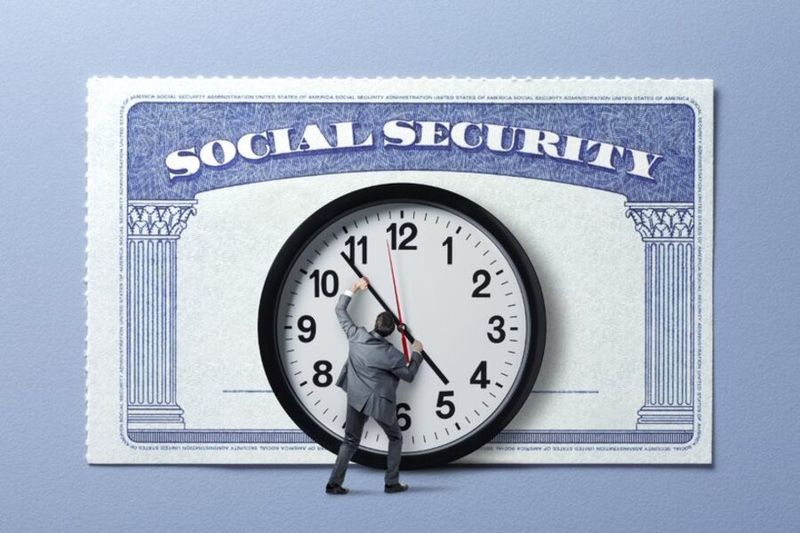
Social Security was designed as a supplement, not your main income source during your later years. Yet many retirees expect it to cover the bulk of their expenses.
Advisors caution that the average monthly benefit fails to match escalating housing, healthcare, and daily living costs. Depending solely on it risks a significant financial gap.
2. “I’ll Spend Less Money After I Retire”

This seems plausible: no more commuting or professional attire. Yet, many retirees maintain or even increase spending in their early post-work years. Travel, leisure activities, home improvements, and medical expenses accumulate quickly.
Advisors recommend budgeting for equivalent or slightly higher costs to ensure security.
3. “I Can Always Work Longer If I Need To”

Extending your career can bolster finances, yet it’s not always feasible. Health challenges, employment market changes, or caregiving duties may necessitate early retirement.
Advisors advocate preparing as if you’ll retire by a set age, treating any additional earnings as a bonus, not a requirement.
4. “My House Is My Retirement Plan”

A mortgage-free home is a valuable asset, yet it’s not a comprehensive strategy for your later years. Real estate lacks liquidity, and downsizing often yields less cash than anticipated.
Moreover, property taxes, upkeep, and insurance persist. Planners advise cultivating a varied savings portfolio alongside home equity.
5. “I Don’t Need Long-Term Care Insurance”
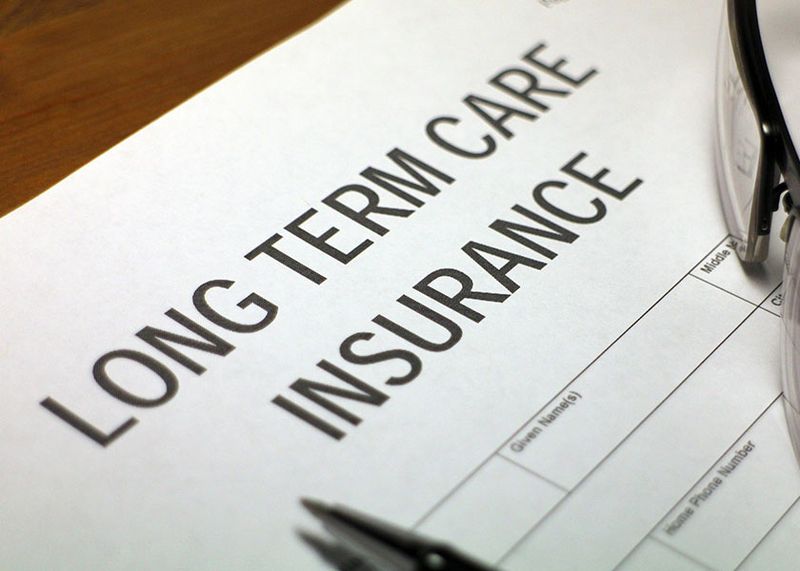
Many assume Medicare addresses all healthcare needs in their later years, but it excludes long-term care. Assisted living or nursing home costs can deplete savings rapidly, often exceeding $100,000 annually.
Long-term care insurance provides a vital economic safeguard, yet many retirees overlook it, presuming they’ll remain healthy.
6. “I Should Shift Everything to Low-Risk Investments”
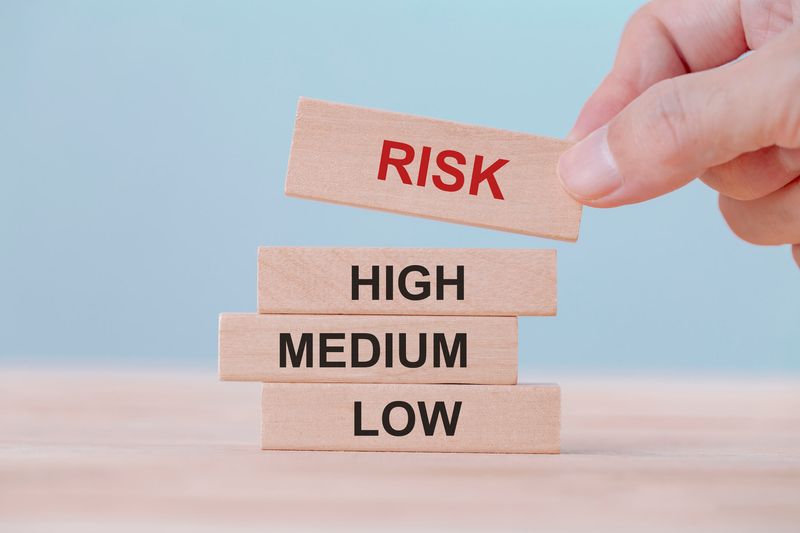
While it’s wise to reduce risk as you age, going too conservative can actually backfire. Retirees still need growth to keep up with inflation, especially over 20–30 years of retirement.
Experts recommend maintaining a mix of stocks, bonds, and other assets to keep your portfolio working for you.
7. “I’ll Never Live That Long Anyway”

It’s easy to underestimate life expectancy, especially if your parents didn’t live long. But with advances in healthcare, Boomers are living well into their 80s and 90s.
Running out of money is a real risk. Retirement plans should account for at least 25–30 years of income, just in case.
8. “I Don’t Need a Budget in Retirement”

Some Boomers assume that once the paycheck stops, the spending will magically slow too. But without a budget, it’s easy to overspend early in retirement and leave yourself short later on.
A clear financial plan with monthly limits helps ensure your money lasts. Experts say budgeting is more crucial in retirement than ever.
9. “My Kids Will Take Care of Me If I Run Out of Money”

While many families are close, assuming your adult children can or will financially support you is risky. They likely have their own mortgages, student loans, and childcare expenses.
It’s not fair to expect them to be your fallback plan. Experts advise building your own safety net to maintain independence.
10. “Medicare Covers All My Healthcare Costs”

Medicare offsets many costs, yet it omits dental, vision, hearing aids, and long-term care, with co-pays and deductibles for covered services.
Retirees should allocate funds for out-of-pocket healthcare expenses, which may surpass $200,000 over their later years.
11. “I’ll Just Sell My Stuff If I Need Money”

Many Boomers think they can liquidate belongings like collectibles, antiques, or even furniture in a pinch. But the reality is that most items don’t hold the resale value they once did, especially as younger generations show less interest in heirlooms and physical goods.
Relying on personal possessions as a financial backup is risky. A better plan is to build up actual liquid savings or investments.
12. “I Don’t Need to Worry About Inflation”
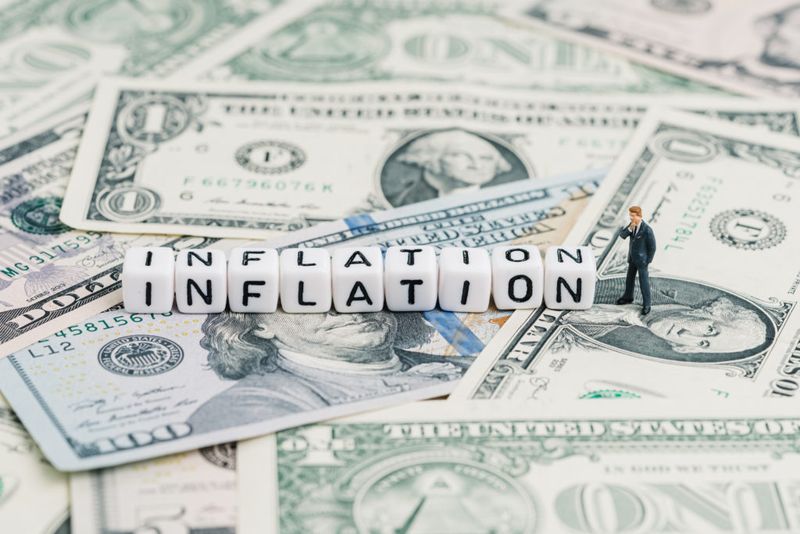
Some retirees presume stable costs, yet inflation erodes purchasing power, particularly over decades. Even modest inflation raises prices for groceries, utilities, and healthcare.
Neglecting this can lead to financial strain. Your strategy should incorporate an average 2–3% annual inflation rate.
13. “A Big Inheritance Will Bail Me Out”
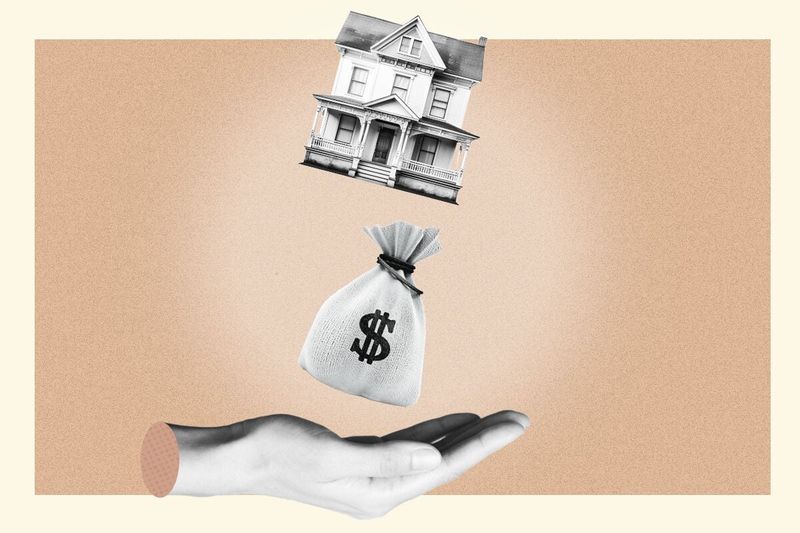
Hoping for a substantial inheritance is risky, as medical expenses or legal issues may reduce expected funds. Inheritance timelines can also be unpredictable or nonexistent.
Planners advise focusing solely on assets you control, not potential windfalls.
14. “I Don’t Need to Save Anymore After I Retire”
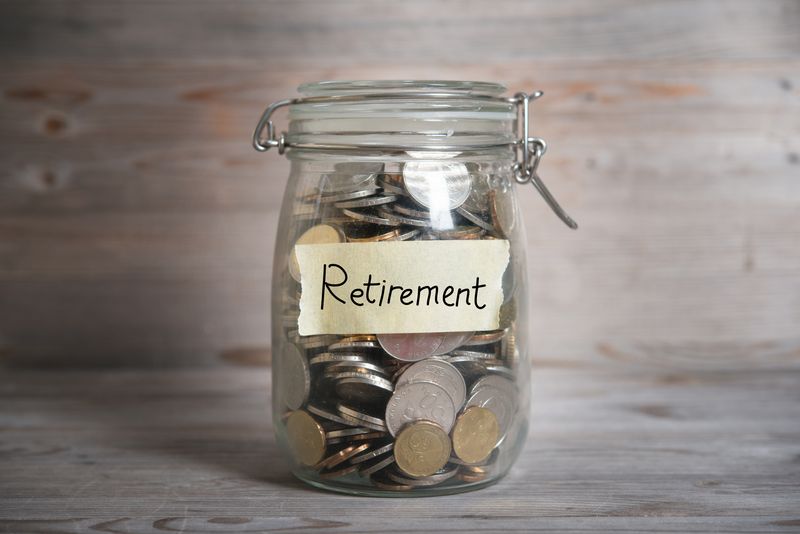
Even in retirement, saving matters. Whether it’s for emergencies, gifts, or unexpected repairs, having a buffer helps maintain peace of mind.
Continuing to set aside even a small amount can help you avoid tapping into long-term investments too early or too often.
15. “Downsizing Always Saves Money”

Sure, a smaller home may come with lower utility bills, but not always. The costs of moving, renovations, HOA fees, or relocating to more expensive areas can wipe out expected savings.
Downsizing should be carefully evaluated, not assumed to be a silver bullet.
16. “I’ll Only Need $1 Million to Retire Comfortably”

This figure seems appealing, yet it ignores personal lifestyle, health, location, or inflation. For some, $1 million falls short; for others, it exceeds needs.
A tailored savings goal based on your unique circumstances outperforms arbitrary benchmarks.
17. “I Can Time the Market to Boost My Retirement Fund”

Market timing lures many, yet even professionals rarely succeed consistently. Attempting to buy low and sell high risks missed opportunities and costly errors.
A consistent, long-term approach, like dollar-cost averaging, proves more reliable. Advisors prioritize steady discipline over speculative gambles.
18. “If I Don’t Retire by 65, I’ve Failed”
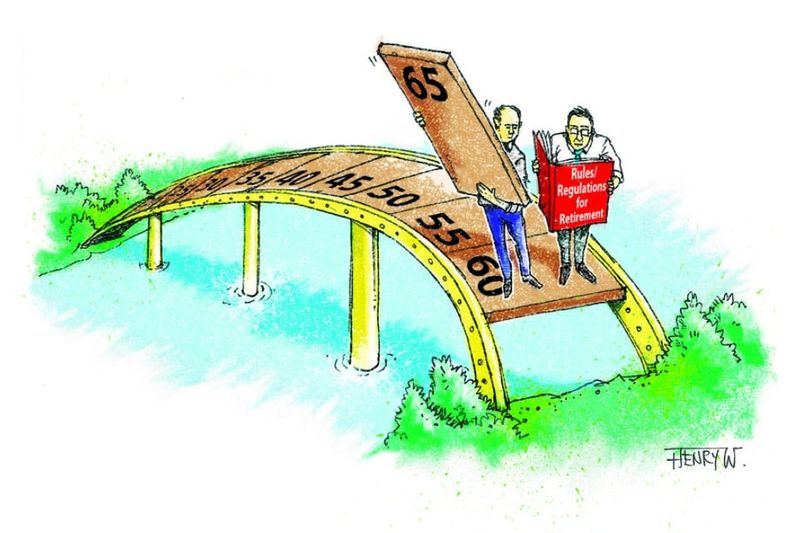
The notion that 65 is the ideal retirement age is outdated. Many choose to retire earlier or later, depending on goals, health, and finances. No universal timeline exists.
The optimal retirement age aligns with your personal circumstances.
19. “My Expenses Will Decrease When the Kids Move Out”

Empty nesting doesn’t always mean lower bills. Adult children often need financial help with college, rent, or even moving back home. Plus, Boomers may face rising costs for travel, home updates, or aging parents.
The money saved on groceries may be spent elsewhere before you notice.
20. “I Don’t Need to Talk to a Financial Advisor”

Many Boomers think they’ve got it figured out with a pension, 401(k), and savings. But retirement planning involves tax strategy, healthcare, legacy planning, and more.
A financial advisor can help optimize your plan and catch blind spots. Think of it as a tune-up for your financial engine.
